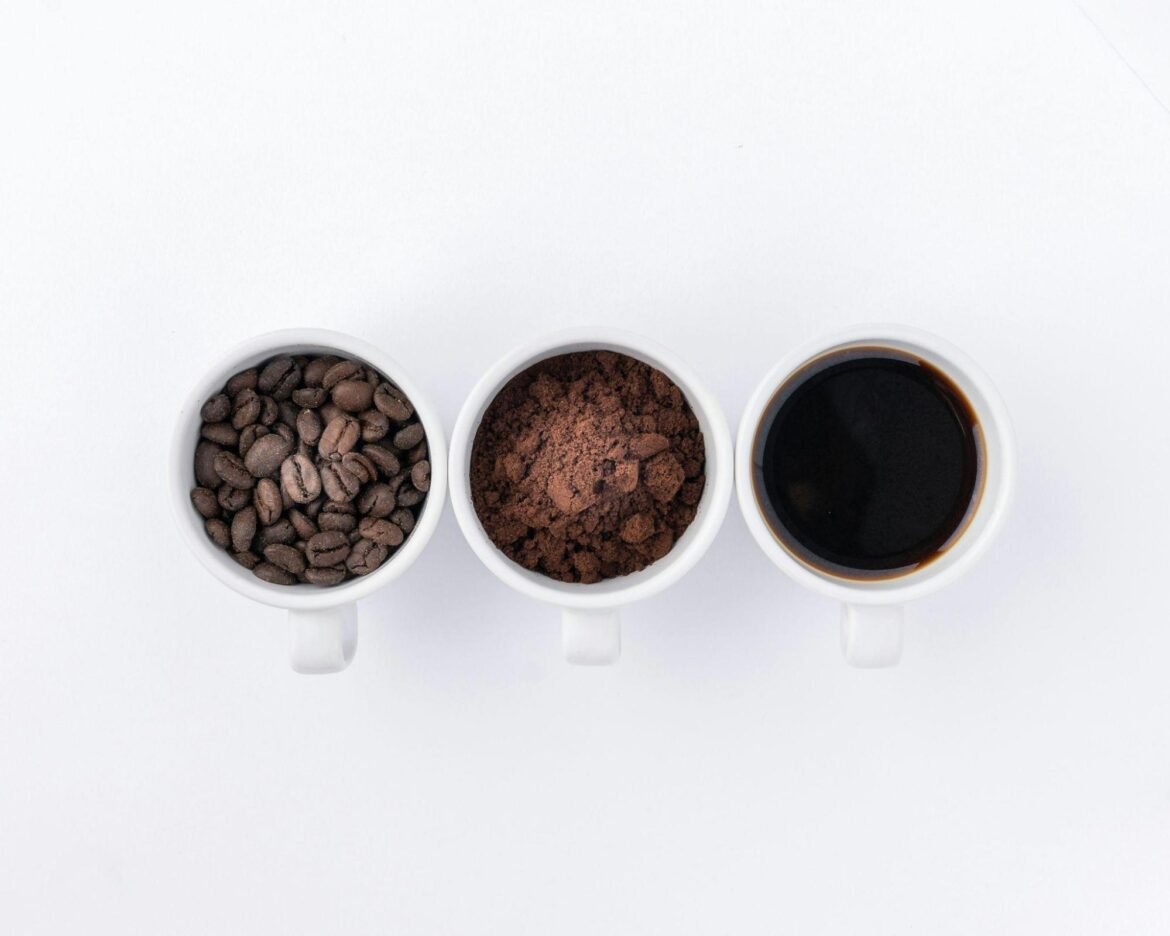Coffee has been the world’s go-to fuel for centuries, celebrated for its aroma, ritual, and reliable caffeine kick. But times are changing. Today’s consumers are asking more from their beverages than just a jolt of energy. They want drinks that support focus, calmness, and overall wellness. This has led to the rise of functional blends, mushroom coffees, adaptogen lattes, and nootropic drinks, that reimagine what a daily cup can do. Products like Noom, often highlighted as an alternative to mud wtr, show just how far the shift has come: drinks are no longer just about waking up, but about living better.
The Coffee Legacy
For many, coffee is inseparable from daily life. It’s the smell that signals morning, the comfort of a warm mug between meetings, and the energy boost that powers creative work or long commutes. If you’re passionate about high-quality, ethically sourced brews, Safari Pride Coffee offers a rich selection crafted to elevate every coffee moment. The global coffee industry reflects this devotion, with billions of cups consumed every day.
Yet, coffee culture has always evolved. Instant coffee once represented convenience, specialty cafés introduced premium experiences, and cold brew reinvented summer routines. The current wave, functional beverages, builds on this legacy by blending tradition with modern wellness science.
Why Functional Drinks Are Rising
The popularity of drinks like Mud/Wtr and its alternatives is not a fad; it’s a response to real consumer needs. People are searching for:
- Balanced energy: Fewer jitters, more focus.
- Holistic benefits: Support for immunity, stress, or cognition alongside stimulation.
- Sustainable rituals: Products that feel good for the body and align with eco-conscious values.
- Innovation: New flavors, new formats, and new science-backed ingredients.
In short, the demand for functional drinks reflects a culture that sees beverages as part of a broader wellness toolkit.
The Science Behind the Shift
Traditional coffee delivers caffeine, an effective but blunt tool. Too much can cause nervousness, poor sleep, and even digestive upset. According to the NHS, high caffeine intake may lead to restlessness, headaches, and disrupted sleep cycles, particularly when consumed late in the day.
Functional drinks aim to avoid these pitfalls by combining gentler stimulants with compounds that enhance clarity or relaxation. Ingredients like L-theanine can balance caffeine’s stimulating effects, while mushrooms such as lion’s mane or reishi may support focus and stress regulation. This synergy creates energy that feels smoother and more sustainable than traditional coffee highs and crashes.
What’s Inside a Functional Blend?
Functional coffee alternatives often contain:
- Mushrooms: Lion’s mane for cognitive support, cordyceps for energy, reishi for calm.
- Adaptogens: Ashwagandha or rhodiola to help manage stress.
- Nootropics: L-theanine or alpha-GPC for focus and mental clarity.
- Nutritional boosts: Collagen peptides, probiotics, or antioxidants to support long-term health.
These blends move beyond the “one-trick” function of coffee and instead offer a multi-dimensional approach to energy and wellness.
Beyond the Drink: The Power of Ritual
One reason coffee remains so beloved is ritual. Brewing, sipping, and pausing create a psychological anchor in the day. Functional drinks are succeeding because they respect and preserve this ritual. Instead of replacing coffee with a pill or capsule, they offer warm, comforting drinks that feel familiar while delivering added benefits.
This ritual factor also helps consumers stick with functional drinks. A daily “mushroom coffee moment” becomes both an energy boost and a wellness practice, something enjoyable, not just practical.
Who’s Making the Switch?

Image from Unsplash
Functional beverages appeal to a wide audience:
- Remote workers balancing productivity and mental wellness.
- Students seeking memory and focus support without late-night caffeine jitters.
- Parents who want steady energy without anxiety spikes.
- Older adults interested in brain health and stress management.
What unites these groups is a desire for beverages that do more, supporting not just the body, but also the mind and lifestyle.
Alternatives Like Noom: Redefining Energy Culture
Among the new wave of functional drinks, Noom has attracted attention as an alternative to Mud/Wtr. By combining mushrooms, nootropics, and natural compounds, it demonstrates how far innovation has come. These drinks are not only about replacing coffee; they’re about reimagining the role of beverages in daily life.
Instead of fueling only short-term energy, they aim to support long-term resilience, clarity, and balance. That redefinition is at the heart of the functional drink movement, and it’s why alternatives are gaining traction so quickly.
Energy culture is evolving. From beans to blends, the story of coffee is expanding to include functional beverages that align with modern needs. For those seeking calm energy, sharper focus, and added wellness, options like Mud/Wtr and its alternatives show that the future of drinking is about more than stimulation.
It’s about clarity, balance, and a new way of fueling life, one sip at a time.


